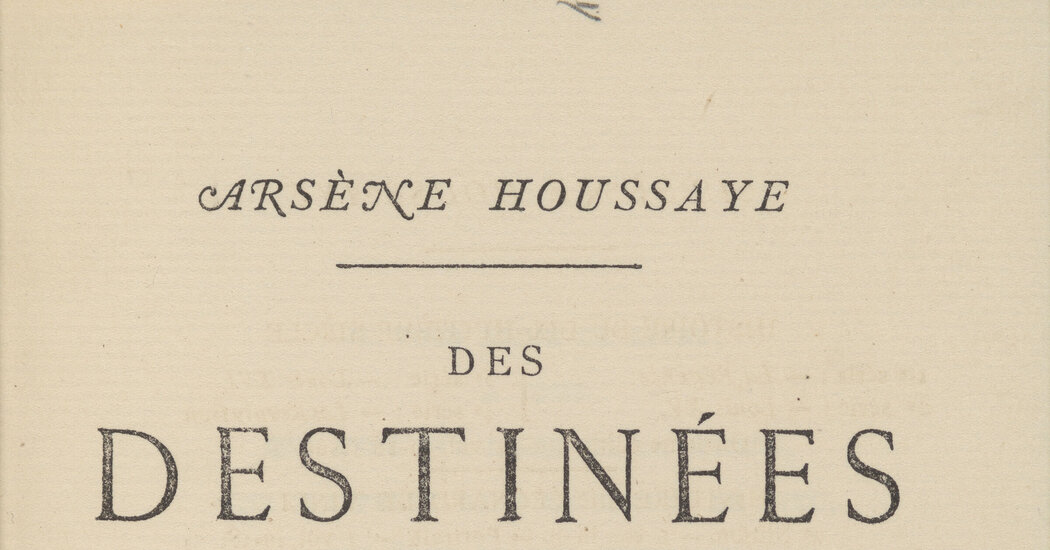- cross-posted to:
- andfinally@feddit.uk
- cross-posted to:
- andfinally@feddit.uk
The decision to find a “respectful final disposition” for human remains used for a 19th-century book comes amid growing scrutiny of their presence in museum collections.
Of the roughly 20 million books in Harvard University’s libraries, one has long exerted a unique dark fascination, not for its contents, but for the material it was reputedly bound in: human skin.
For years, the volume — a 19th-century French treatise on the human soul — was brought out for show and tell, and sometimes, according to library lore, used to haze new employees. In 2014, the university drew jokey news coverage around the world with the announcement that it had used new technology to confirm that the binding was in fact human skin.
But on Wednesday, after years of criticism and debate, the university announced that it had removed the binding and would be exploring options for “a final respectful disposition of these human remains.”



Fair point. It is more about the psychology of the issue rather than the source material itself. The skull is as is. It was not reworked and processed and it stands as a natural and dark remainder of a common fate. The othet is a purposefully crafted ornament in a not natural context, which says more about the mind of the original crafter than a fact of nature.
That said, why remove it now. If amything that was even more of a curiosity, albeit a morbid one. I would have kept it. I am aware of legends and stories of such cruel local lords of the middle ages that they had a fabled chest decorated with human skin. Just a legend. But that speak of the reputation of a long gone family, doesn’t it?
Edit:
Even without that binding, the text itself still preserves some of its nature. It does make you feel uncomfortble, to know that the original author had done that on purpose.
I think it’s fine to keep both the skull and the book at this point. They were not taken in some sort of colonialist archaeological expedition or anything. I really don’t have a problem with either one. That was what I was trying to get at. Harvard is doing something that is performative. It does not make up for any major wrongdoing because there was no major wrongdoing in either case. Were both unethically procured? Sure. But it’s really not worth worrying about it the same way it would for a skeleton of an ancient Navajo or something.